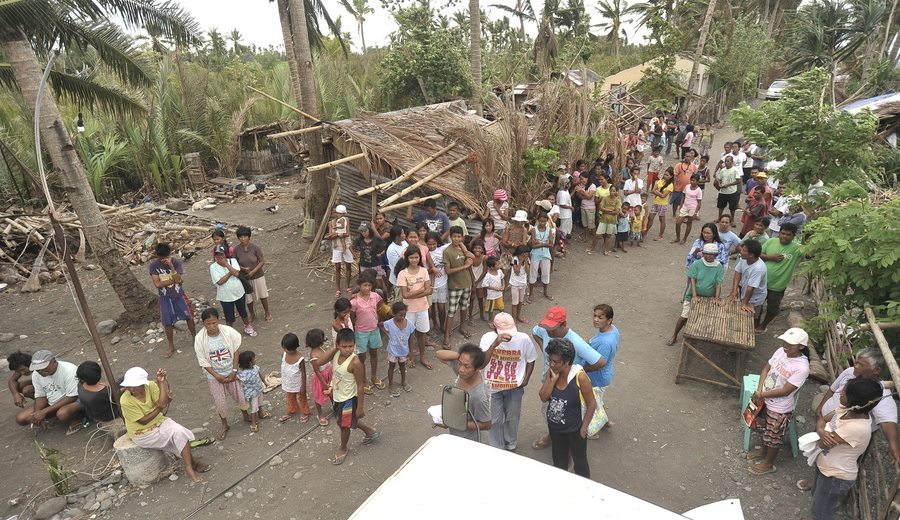Mary Robinson delivered remarks at an event titled “Climate change and migration to Europe” at the European Institute, London School of Economics on 18 November 2015.
Speaking about the links between climate change and migration, Mary Robinson, President, Mary Robinson Foundation – Climate Justice, highlighted the need for a human rights framing to the upcoming climate agreement due to be signed in Paris in December:
“In implementing climate actions related to adaptation and migration, countries will have to fully respect human rights to ensure migration, displacement and planned relocation with dignity. This is why it is so critical to have a human rights framing to the Paris Agreement – to ensure that the human rights obligations each country is committed to inform all climate actions and ensure that both people and the planet benefit from climate action.”
Mary Robinson’s speech was followed by remarks from Prof Neil Adger, Professor of Human Geography, University of Exeter, and Alain Le Roy, Secretary General of the European External Action Service. Prof Lord Nicholas Stern, Chair of the LSE Grantham Research Institute on Climate Change and the Environment moderated a panel discussion and Q&A session.
Addressing the current siloed approach in overcoming the challenges posed by climate change and migration, Mary Robinson called on the world community to work together more closely:
“To form an effective response to human mobility in the context of climate change we need to step out of the siloes that traditionally separate human rights, sustainable development, climate change, humanitarian response and disaster risk reduction (amongst others) to find coherent approaches that trigger actions across all these disciplines and policy areas.”
“Migration rarely occurs as a direct effect of climate change; it is motivated by a range of issues that are environmental, social and economic. So addressing migration as a climate, development or human rights issue only is unlikely to be effective – instead responses need to be found across the International processes addressing these issues and translated into actions on the ground at the regional and national level.”
The event was organised by the London School of Economics (LSE) European Institute, LSE Institute for Global Affairs, LSE Grantham Research Institute on Climate Change and the Environment, the Embassy of France in the United Kingdom and the European Commission Representation in the UK and was set out to look at the role played by climate change in this mass movement of peoples.
The event was the last in a series of Franco-British bilateral conferences being held in the run-up to the COP21 summit in Paris in December.
Listen to the podcast:
Related Links
Download: Mary Robinson’s remarks: “The human journey in an era of climate disruption”
Find out more about our work on Human Rights and Climate Change
Find out more about The Principles of Climate Justice
Where Do You Go When Your World Disappears? – Women in the World Summit 2015
Grantham Annual Lecture: Climate Justice – Why is it relevant in 2015?


